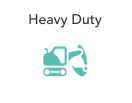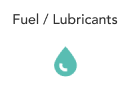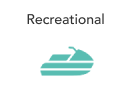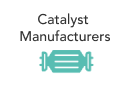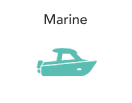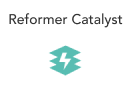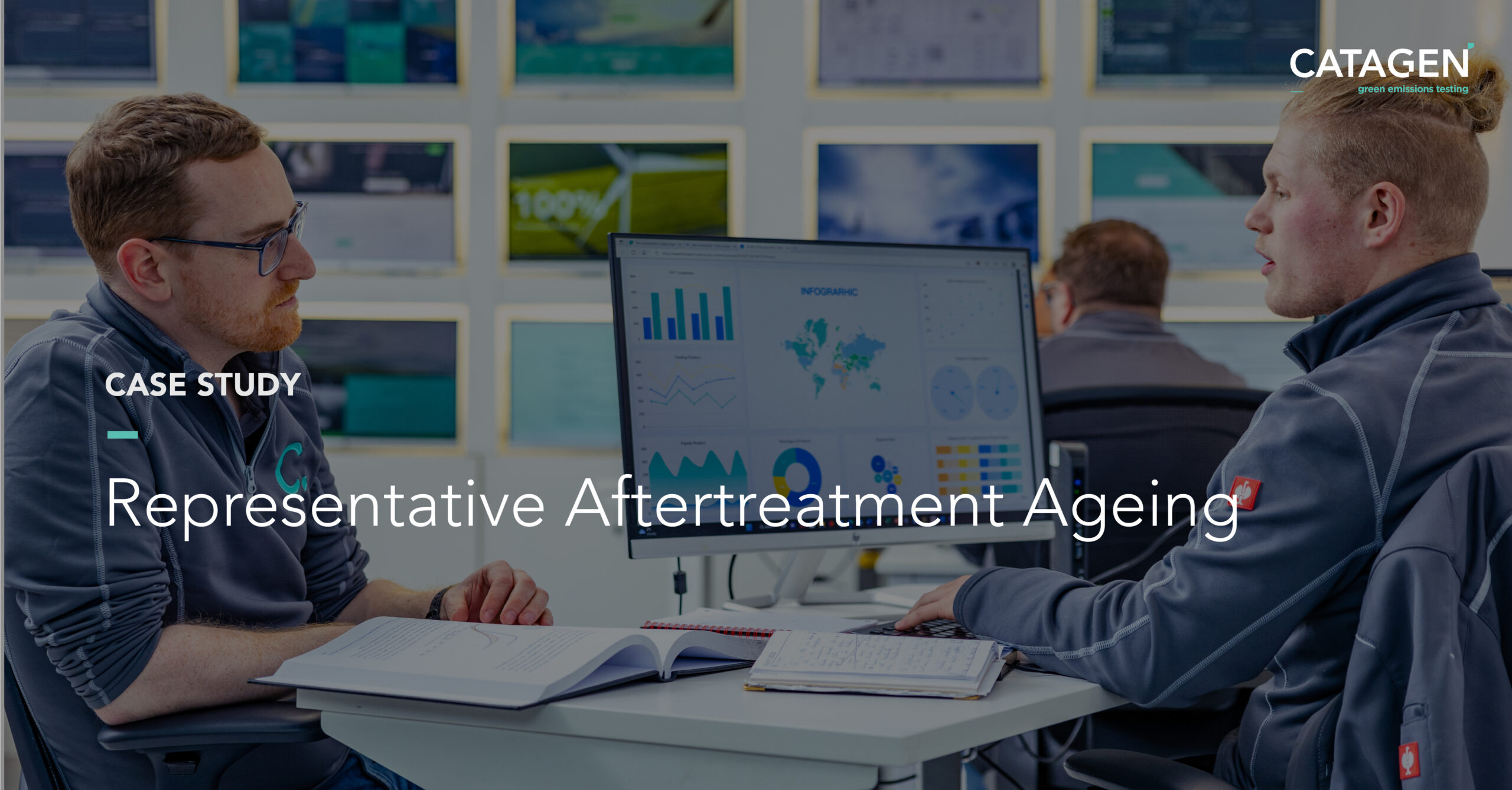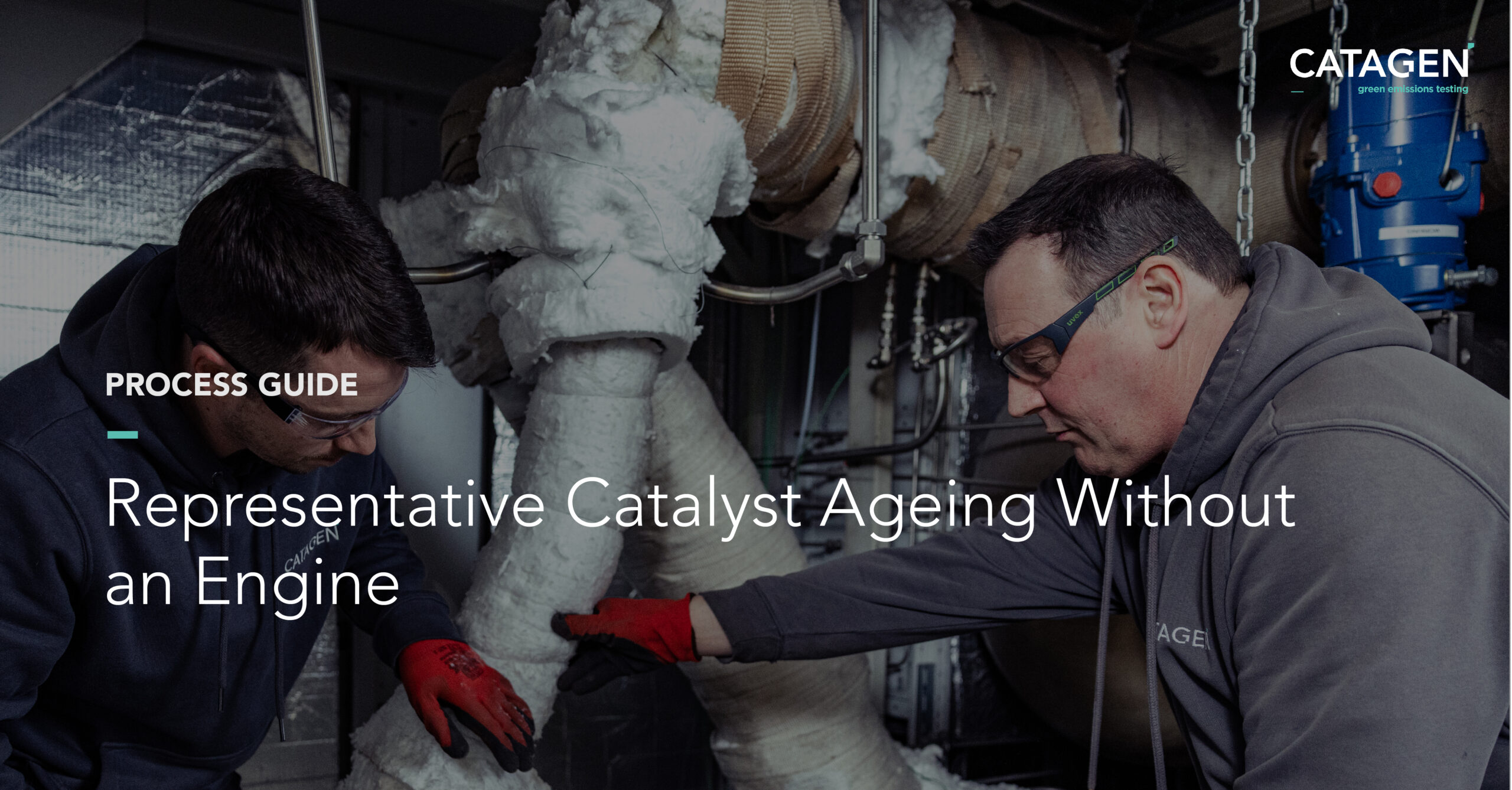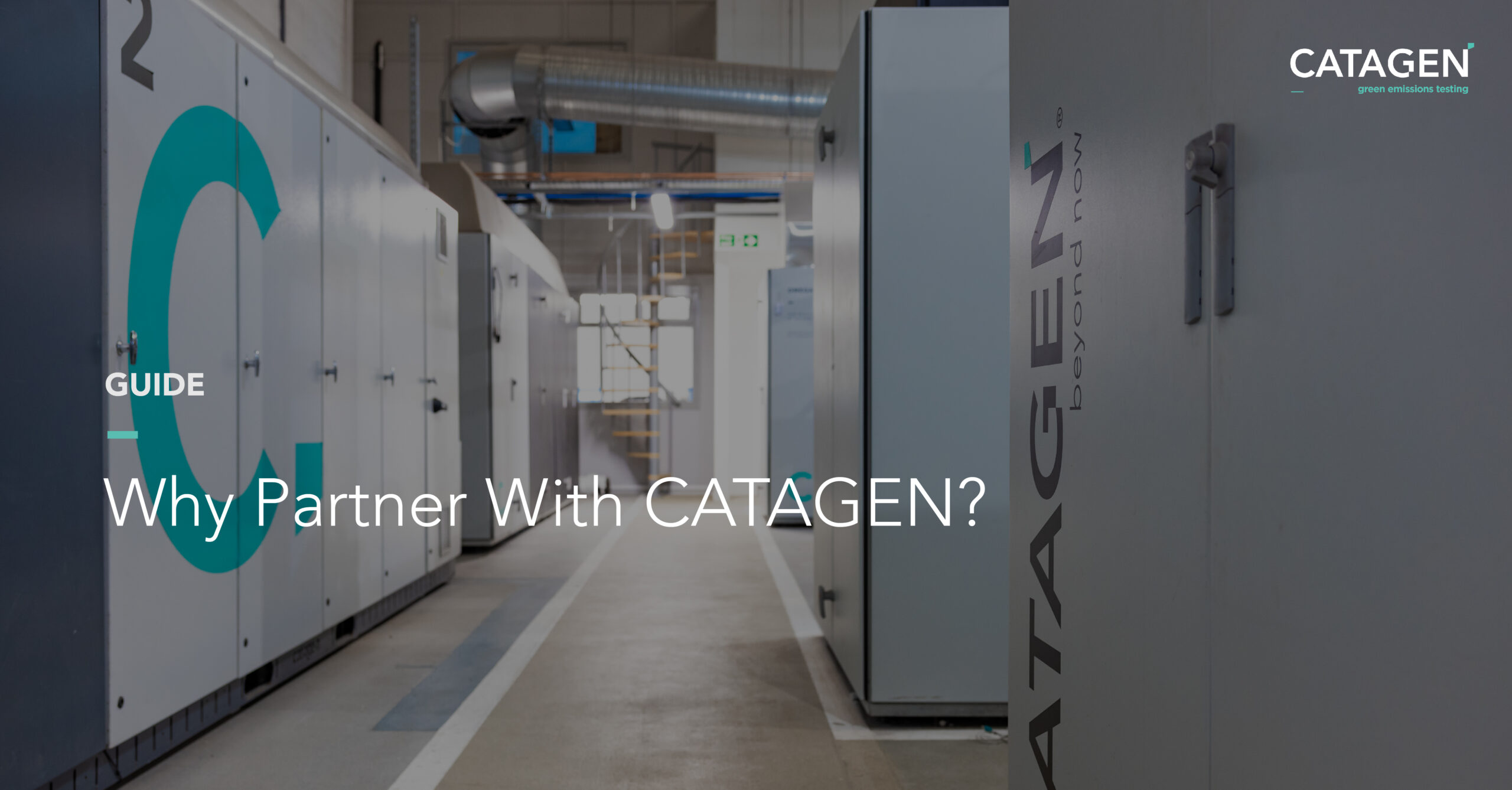By Dr. Kurtis Irwin, VP of Global Catalysis.
The Marine sector is a key sector for transport and logistics, with the industry valued at around USD 173.4 billion in 2023, in a recent report published by Skyquest. Furthermore, the marine industry represents a key challenge to decarbonisation. While smaller passenger vessels might be suitable for electrification, long-distance and international shipping routes still represent a significant barrier to electrification of shipping fleets. Consequently, new and alternative fuels are key to the future of the marine industry. Fuels such as methanol, ammonia, e-fuel and LNG, represent high-energy dense alternatives to conventional fuels.
However, with the introduction of alternative fuel sources for marine engines it is crucial to understand the impact these new fuels will have on the engine-out emissions, and on the catalyst durability and emissions output for the aftertreatment system.
CATAGEN’s OMEGA reactor technology comes into its own when handling varying alternative fuels. The reactor is totally synthetic with fuel meaning we can inject a variety of different gas compositions that match the required engine out conditions of a an engine depending on the fuel source. For example, if an engine was to run on LNG or ammonia, we can inject those gases into the OMEGA for testing without the requirement of a physical engine.
Typical gases that we have worked with on the OMEGA Reactor include –H₂, NO, NH₃, H₂O (steam), O₂, CO, CO₂, CH₄, C₃H₈, C₃H₆, CH₃OH (methanol), CH₂O (formaldehyde), N₂O, NO₂
The OMEGA reactors also have the capability of injecting a range of different chemical or poisoning compounds which may be present in the gas stream for in-field ageing. We have extensive experience with sulphur and phosphorus compounds as well as injecting engine oil directly into the reactor.
Coupled with our extensive capability to replicate engine out gas composition we can also vary the flow rate and temperature profiles that you would expect to see during operation to ensure that the ageing is representative of in-use ageing but in an accelerated manner.
One of the main benefits we offer to our partners with this capability is during the development of new engines with alternative fuels where a physical engine is not ready for ageing so a ‘surrogate’ engine is required to understand what these new fuels will do to the aftertreatment system. Testing on the OMEGA reactor in parallel with engine development can accelerate development time of the engine and help get our partners to market quicker.

More content


